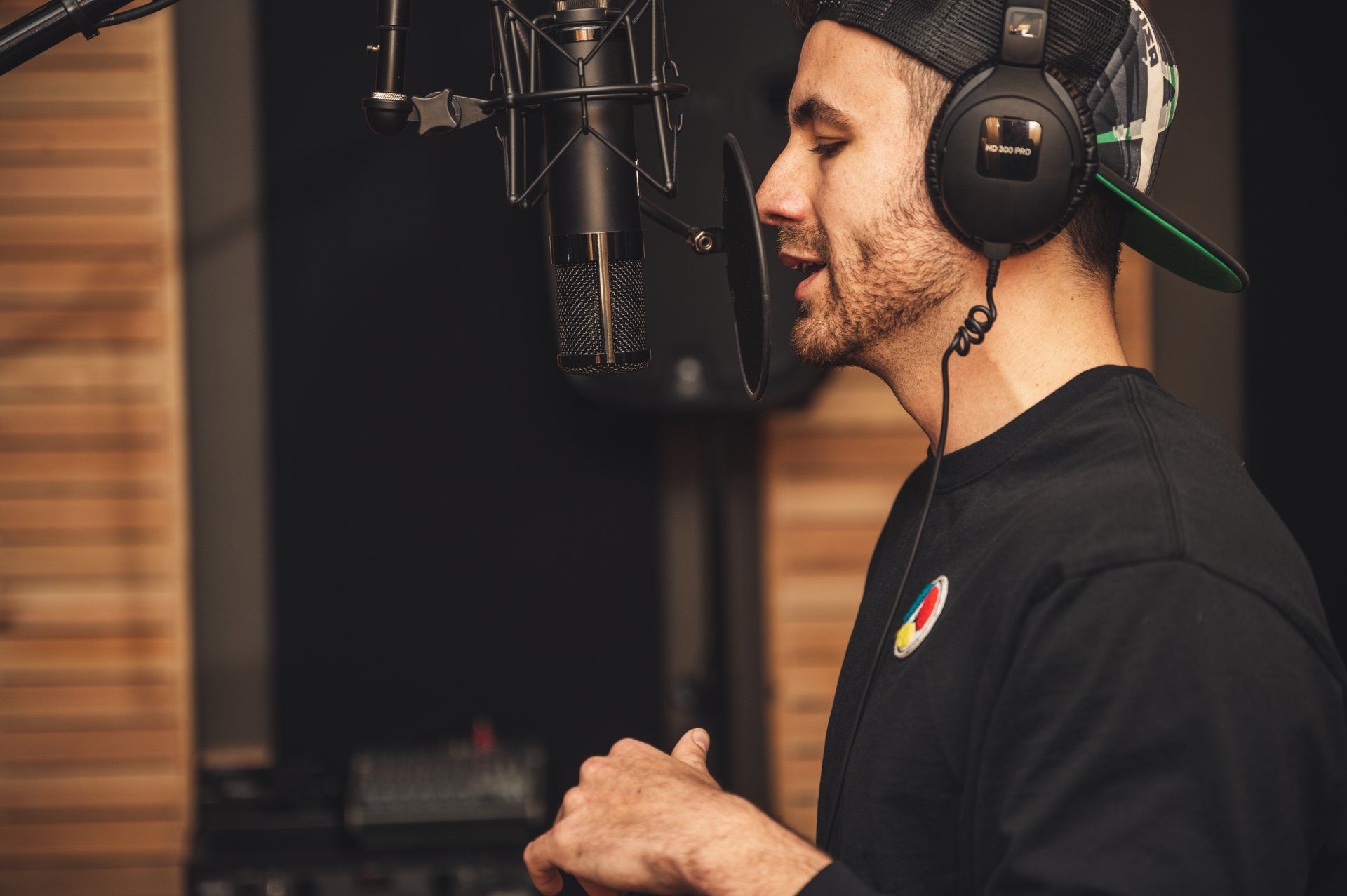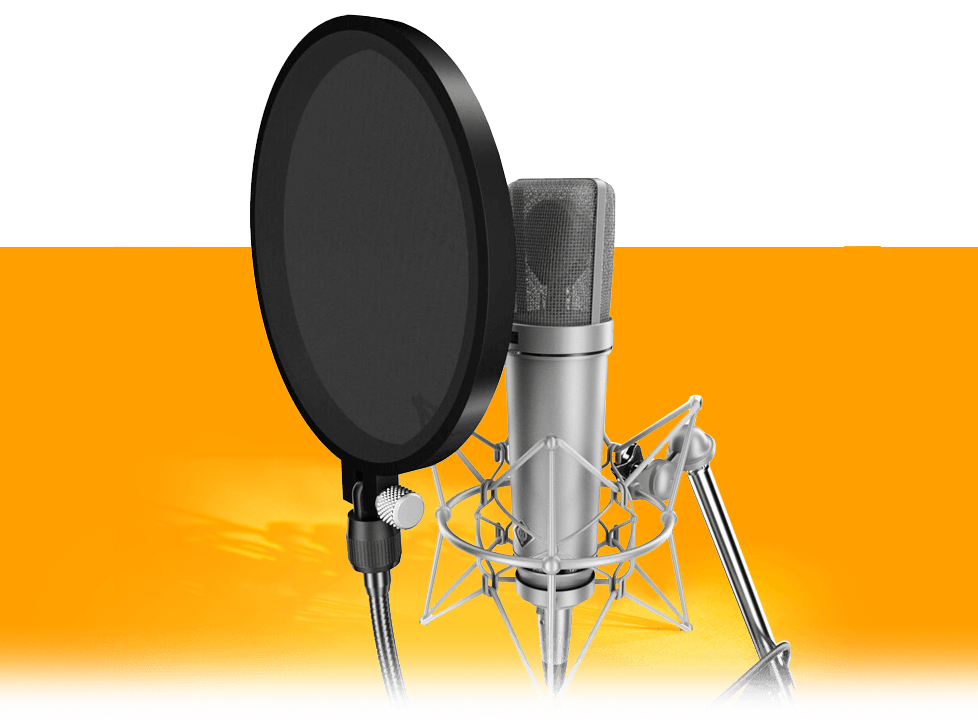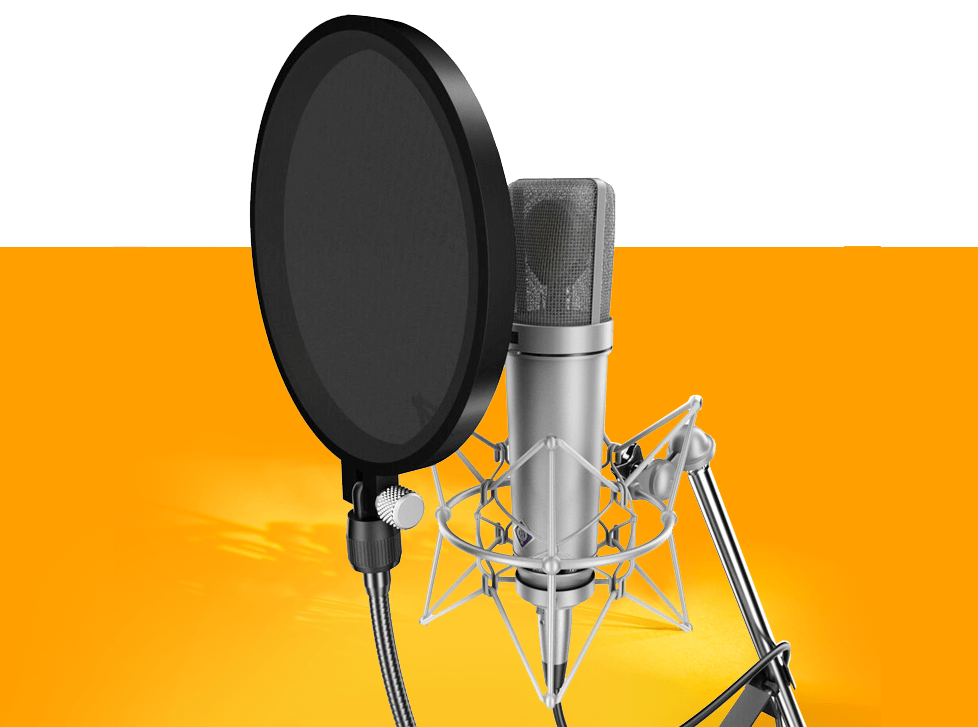What You Can Do With An Audio Engineering Diploma?
Jeremy Alves | April 4, 2023

Audio engineering is a diverse field ranging from working with recording artists to making sure live broadcasts are problem free. An audio engineering career is a unique blend of audio, technology, and science that can be a perfect choice for many people.
The U.S. Bureau of Labor Statistics (BLS) estimates the career growth of broadcast, sound, and video technicians to
grow by 10% between 2021 and 2031, which is faster than average job growth. However, it’s worth noting this estimate excludes related fields you may also explore after attending an audio engineering school that may experience even more significant growth.
Pursuing a career in audio engineering typically begins with formal education. The course you attend will lay the foundation for a fulfilling and lucrative career working with specialized technology, the science of sound, and the world of audio.
As such a diverse field, you may help set up equipment for major sporting events or work with your favourite singer as your career progresses. After graduation, you’ll have a wide range of opportunities to choose from based on your interests.
Are you wondering what options you’ll have post-graduation? Keep reading to learn what you can do with an audio engineering diploma to help you decide if it’s the right choice for you.
What Exactly is an Audio Engineer?
Audio engineering is diverse, with engineers typically working with live broadcasts or audio recordings. Attending an audio engineering program will provide you with hands-on training with high-end equipment and leading-edge software. You’ll also attend lectures covering audio theory, including the fundamental sciences of sound and how to produce excellent sound.
Audio engineering is often confused with audio production, which is undoubtedly related but still distinct fields. Audio production is concerned with the overall product, which might be producing a track for a recording artist or finalizing a podcast for publication.
On the other hand, Audio engineers work with a range of hardware and software to capture high-quality audio for broadcast or recording. In the context of live performances, audio engineers also make sure the venue’s system is producing high-quality sound.
Expect Salaries in Audio Engineering
Audio engineering is a diverse field that presents several opportunities for income potential. The range of salaries depends on your focus area, experience, and industry.
For example, in the United States, sound engineering technicians earn a mean annual wage of $67,360. However, if we look at the percentile breakdown, the top
10% of earners have a salary of
$124,690. So your career may start at or below the average, but you’ll have tremendous potential for growth throughout your career.
Different industries will also offer different pay, even for similar job titles. For example, working with recording artists is competitive, often creating lower salary offerings, while other less-competitive industries tend to offer higher salaries to attract talent.
What Are Possible Careers in Audio Engineering?
Audio engineering is a broad field that extends into several industries. Some of the job titles you’ll see that an audio engineering diploma will prepare you for include:
- Broadcast Engineer
- Audio Engineer
- Acoustic Engineer
- Live Sound Engineer
- Audio/Visual Engineer
- Sound Engineering Technician
- Production Engineer
- Mastering Engineer
- Equipment Technician
- Acoustic Consultant
- And plenty more
There’s a lot of overlap between the above job titles when it comes to the core skill set they require. However, your diploma will prepare you to handle the fundamental responsibilities of each of them, which may then be applied differently depending on the career you pursue.
Let’s take a closer look at a few popular career options for graduates of audio engineering programs.
Sound Engineering Technician
A sound engineering technician utilizes high-end equipment and software to record sound with the best possible quality. Depending on the exact position, sound engineers may work closely with music producers or with other engineers to create a fine-tuned end product.
The BLS estimates that 50% of sound engineers earn a salary of
sound engineering technicians is
US$60,500. As discussed earlier, salaries for this field can reach up to $124,690 as you gain experience and explore new career opportunities. Therefore, pursuing a diploma in audio engineering allows you to start gaining experience after graduation and build your career.
Be aware of the job title ‘sound technician,’ which is often an entry-level position that often leads to a sound engineering technician role. The significant difference is that you’ll generally work with engineers to gain hands-on experience before becoming an engineer yourself.
Broadcast Technician
A broadcast technician is primarily responsible for transmitting audio or video signals for radio and television broadcasts. This specialization requires a robust working knowledge of the electronic equipment involved with broadcasting. In addition, you’ll need to understand how to configure and control the equipment to regulate volume, signal clarity, and signal strength.
The BLS estimates the
mean annual wage at
US$51,280, while the upper 10% earn US$90,850. Salaries are also further differentiated by industry, with the top earners working in the Federal Executive Branch and the second highest working in advertising.
Attending a school of audio engineering will prepare you with the fundamentals of becoming a broadcast technician. However, you’ll likely begin in an entry-level position as you gain experience specific to broadcasting.
Audio/Video Equipment Technician
An A/V equipment technician works heavily with all the hardware and equipment involved in audio. An A/V technician will need a strong understanding of setting up, configuring, and dismantling the following gear:
- Video monitors
- Audio monitors
- Microphones
- Sound and mixing boards
- Video cameras and servers
- Specialized equipment for concerts, conventional, and sporting events
You may still work with software, but this position is strongly focused on the equipment side of engineering and is ideal for someone more interested in audio hardware.
The BLS estimates the mean annual age for
A/V equipment technicians at
US$55,310, with the top 10% earning $90,180. Software and legal are the two highest-paying industries for an A/V technician.
Related Careers in Audio
We mentioned earlier that audio production is a similar yet different career in the world of audio. Some students enroll in an audio engineering program but discover they’re more interested in the production side. Fortunately, OIART also offers an audio production program to allow students to make an easy change.
Other related careers in audio engineering include:
- Electronics engineering and repair
- Electronics testing and quality assurance
- Installation and repairs of audio equipment
You may discover that you’re more interested in the above careers as you start working in the field. Fortunately, your audio engineering diploma will still help prepare you as you’ll have a strong understanding of electronics and the science behind their work.
How Can You Prepare Before Attending a School of Audio Engineering?
You’ve decided to attend an audio engineering program; what can you do before your first day? There are a few ways you can start preparing and exploring before you take a single course, such as:
- Experiment with DAWs: Digital Audio Workstations (DAWs) are at the heart of music and audio production. Many audio engineers will need a solid working knowledge of how to use them, especially those specializing in mastering. Many DAWs, such as Ableton and FL Studio, offer free trials so you can explore the software before you start classes.
- Learn more about specific career responsibilities: We’ve given you plenty of foundational knowledge, but there’s still a lot to learn about specific careers in audio engineering. Did any of the jobs we’ve discussed catch your attention? Dive deeper and learn everything involved to help you decide which career path is right for you.
- Take preparatory classes: If you’re in high school, take electives related to audio engineering to help build a strong foundation. Computer science, physics, and electronics courses will each help prepare you for audio engineering. If you’re no longer in high school, you can look around your area for local classes covering these topics.
Preparing ahead of time will help you identify and overcome gaps in your knowledge before your course begins. Then you can focus on what’s truly interesting instead of catching up on the foundational skills.
Earn Your Audio Engineering Diploma with OIART
Audio engineering is an exciting industry and an excellent choice for those interested in audio, technology, and how they overlap and interact with each other. Earning an audio engineering diploma imparts you the right skills, training, and credentials to start your new career.
The Ontario Institute of Audio Recording Technology (OIART) is an industry-recognized institution that offers diplomas in audio engineering, music production, and other specialties throughout the world of audio. Are you ready to take the first step toward becoming an audio engineer?
Apply today for free.
Ready to Start?
OIART's Audio Program Includes:
✓ Small Class Sizes
✓ On Site Facilities
✓ Industry Leading Instructors
✓ Post Grad Support & Guidance
✓ Exclusive 11 Month Program
Top Reasons Why You Should Choose OIART.
Have Questions?
If you have questions about our audio engineering and music production program or would like to book a tour, we would be pleased to speak with you.
Text Us: 519.200.4151
Share This With a Fellow Music Lover
Apply in 3 Steps!
Step 1: Click Apply Now to start.
Step 2: Answer questions about yourself.
Step 3: Submit and check your email.
Share this with fellow music lovers


